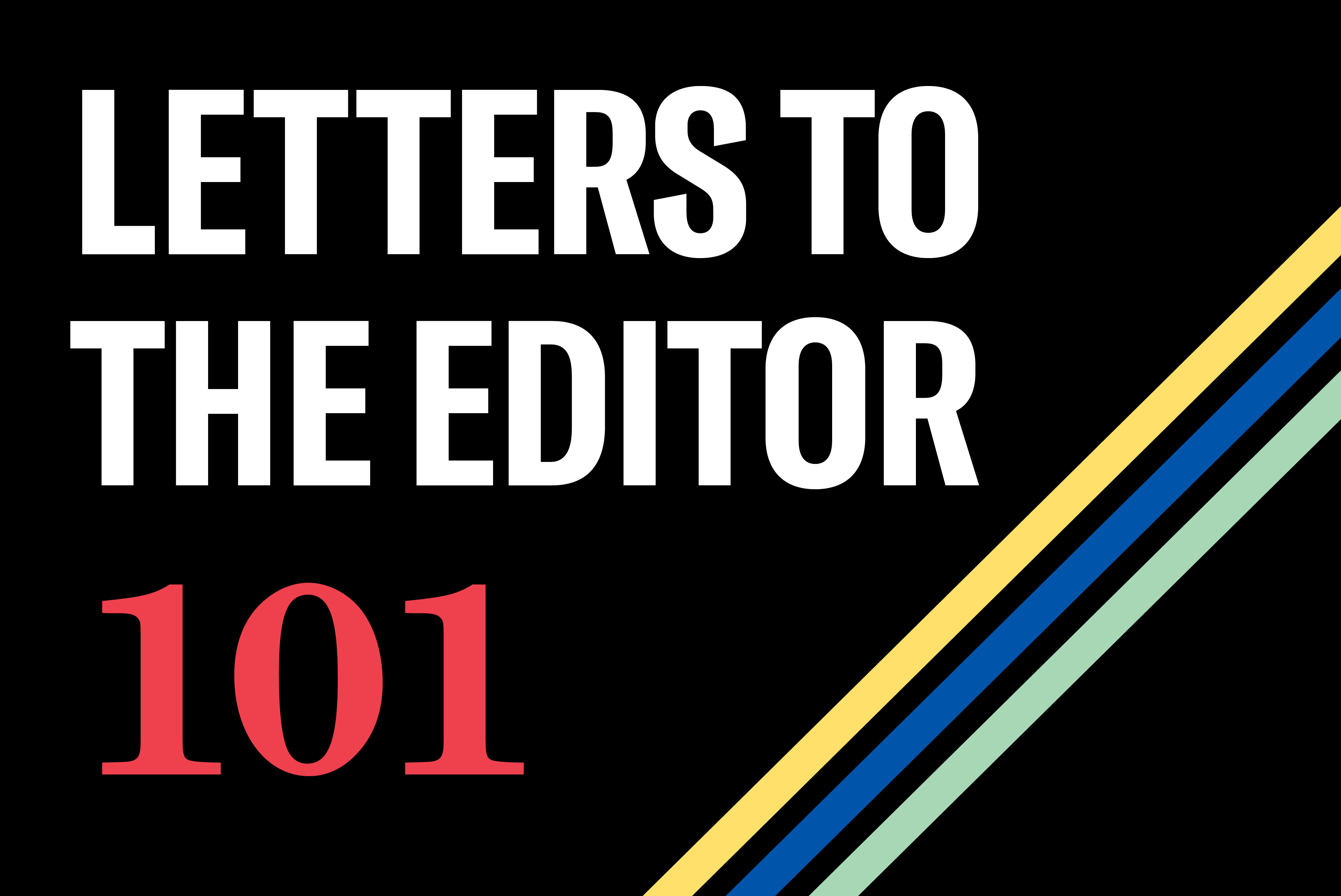A letter to the editor is a great advocacy tool for reaching a wide audience outside of your immediate acquaintances. Keep these tips in mind to maximize your chance of getting published.
1. Keep it short.
Many newspapers have strict rules regarding the length of accepted submissions. Check with your target newspaper to confirm the exact length allowed.
2. Timing is everything.
Keep it timely and reference a recent article. While some papers will publish general commentary, most prefer letters that refer to a specific article. If you wait too long, conversation surrounding a topic may die down and publishers will be less interested in printing your letter.
3. Concise is key.
Get to the point in the first sentence, and try to avoid overly flowery or obtuse language.
4. Stick to one (maybe two) points.
With the strict limits on length, trying to cram too many points into a letter hurts your chances of getting published. Focus on one or two ideas and back them up with solid evidence.
5. Don’t be lukewarm in your opinions.
Don’t be afraid to let your passion for an issue show – a strong stance makes for interesting reading and will increase your chances of being published. One effective way to do this? Call on your community to take specific action (but note that letters urging people to vote a certain way usually face more restrictions on length and timing).
6. Establish a community connection.
Editors curate the content in their newspapers for specific audiences. For a local newspaper, that audience is usually the town or region in which it is being published. Show how your topic is impactful to the local community. If you’re a member of that community, demonstrating how the issue affects your own life is a great way to do this.
7. Identify yourself.
Be sure to provide your name and contact info (address, email address, phone number, etc.). Many publications will need to verify your identity before they can publish your letter.
8. Don’t send letters “en masse.”
Publishers are looking for original content. Do not copy-paste-send the same letter to newspaper after newspaper. If you do want to reach out to numerous publications, tailor your response to each one individually – remember, it helps to respond to specific articles.
Now, go out and write!
